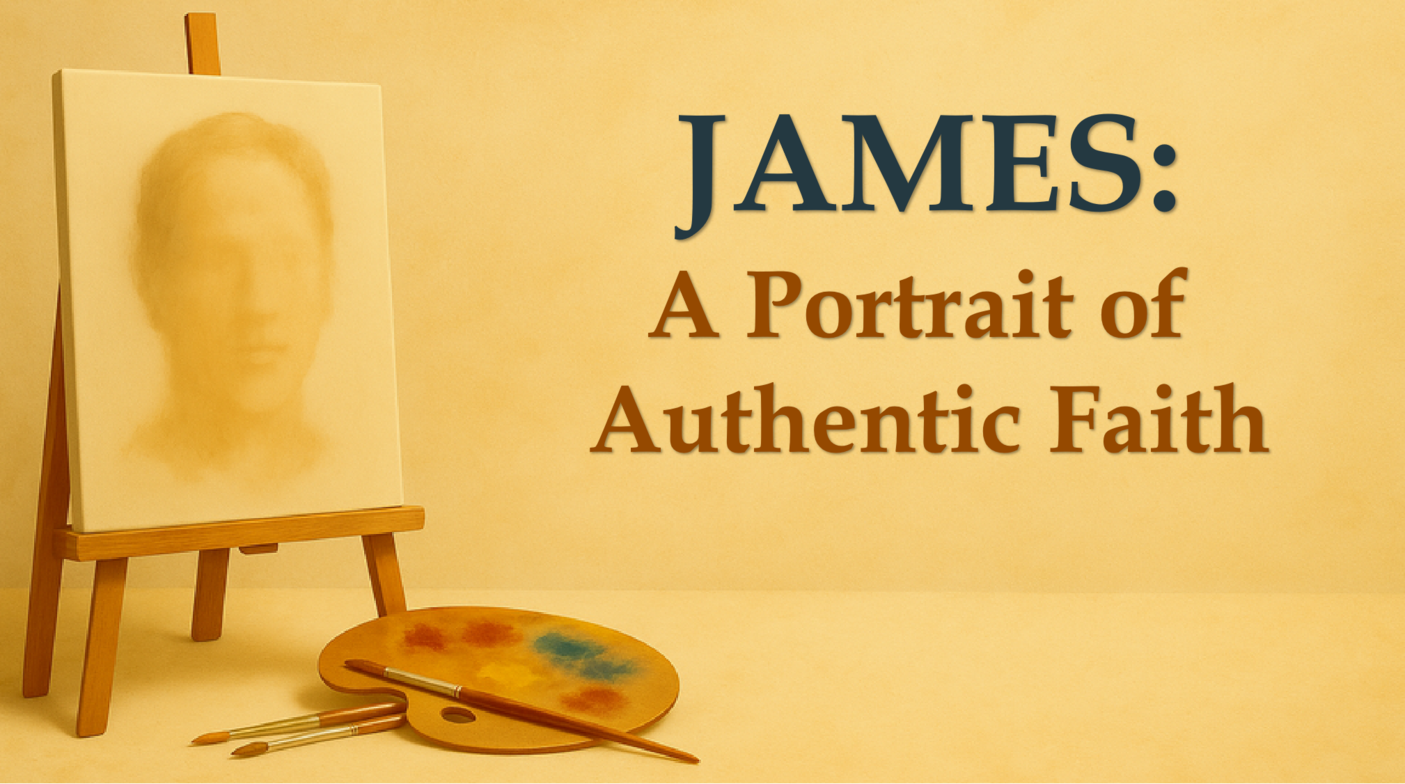Finding Freedom in Servanthood


We live in a culture that celebrates independence, self-expression, and personal achievement. Everywhere you look, people are chasing identity — in career, family, politics, or popularity. But what happens when all of that fades? Who are you then?
That’s the question James forces us to face. When he introduces himself at the start of his letter, he doesn’t lead with his family connection (he grew up in the same household as Jesus!) or his position (he led the church in Jerusalem). Instead, he writes: “James, a servant of God and of the Lord Jesus Christ” (James 1:1).
In Greek, the word for servant is doulos, meaning “slave” — someone who belongs wholly to a master. That sounds strange to modern ears, but for James it was a declaration of freedom. He was no longer defined by his doubts, his past, or his position. His life belonged to Christ — and that gave him both purpose and peace.
Where did James learn this? From watching Jesus. The Son of God came not demanding to be served, but serving others. He touched the untouchable, welcomed the forgotten, carried burdens, and even washed His disciples’ feet. Ultimately, He gave His life on the cross — not because He had to, but because love compelled Him. Jesus showed us that the path to greatness is the path of servanthood.
So what does that look like for us today? We may not bear scars like Paul or nail marks like Jesus, but true servanthood still leaves its mark on our lives:
-
Obedience — living by God’s wisdom, even when it’s hard.
-
Humility — choosing to serve others instead of exalting ourselves.
-
Loyalty — anchoring our lives in Christ rather than in shifting cultural values.
-
Love — putting compassion into action, even for those who may never repay us.
James begins his letter here because servanthood is the foundation of authentic faith. Without it, the rest of the portrait is incomplete.
So let me ask: if someone looked at your life today, what would stand out? Success? Status? Self? Or would they see the quiet strength of a servant — one who belongs to Christ, and reflects His love?
That’s where authentic faith begins. Not in power. Not in prestige. But in the posture of a servant. And maybe, just maybe, that’s the freedom you’ve been searching for all along.
